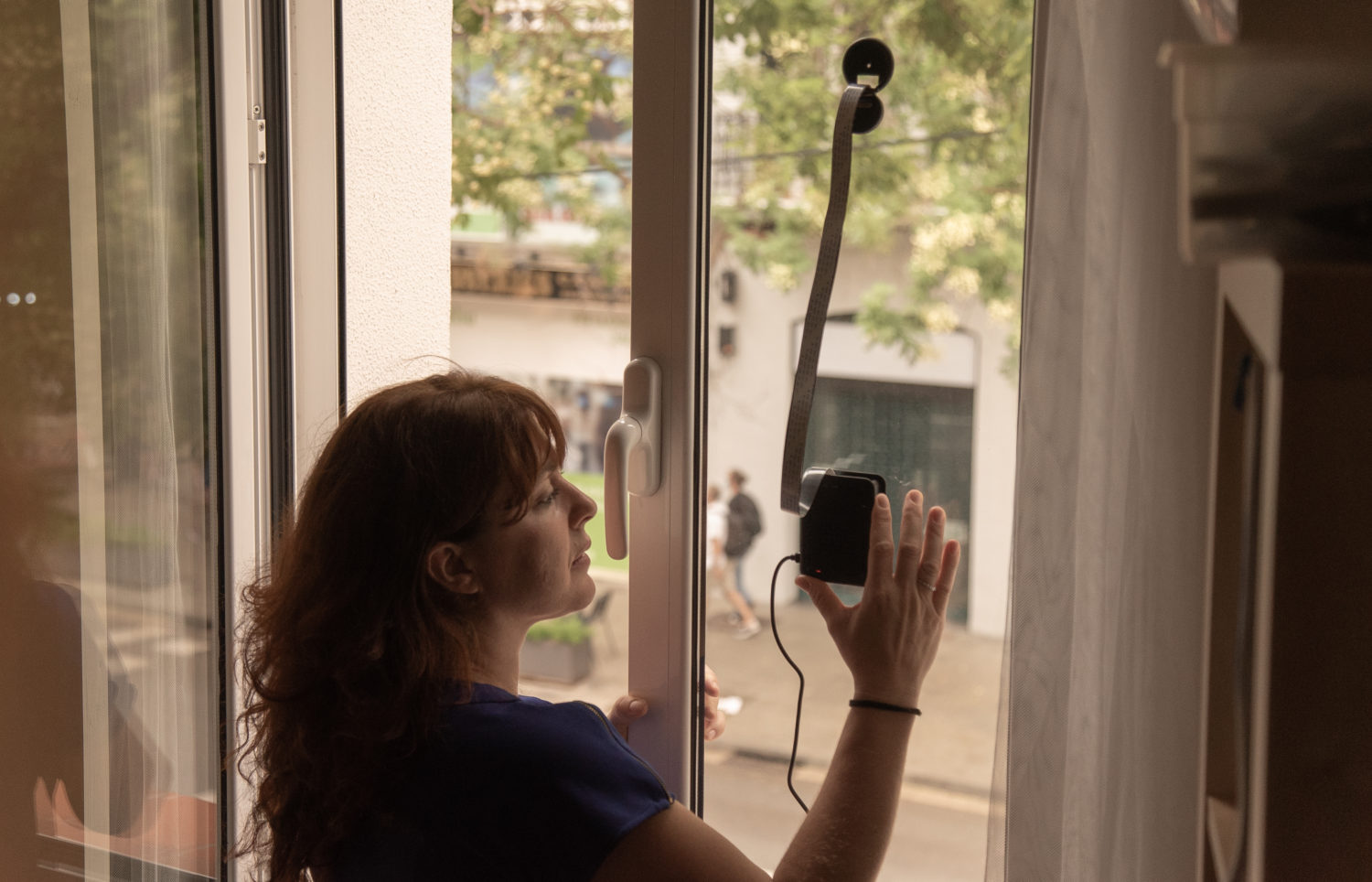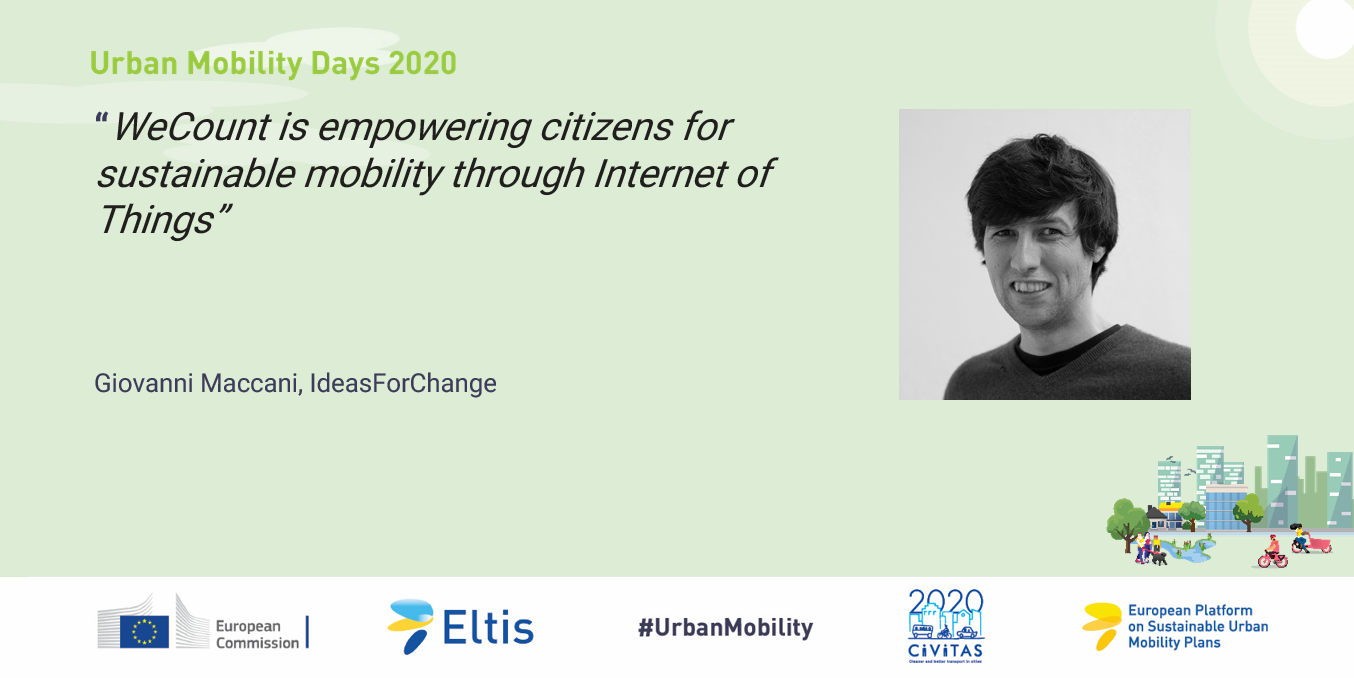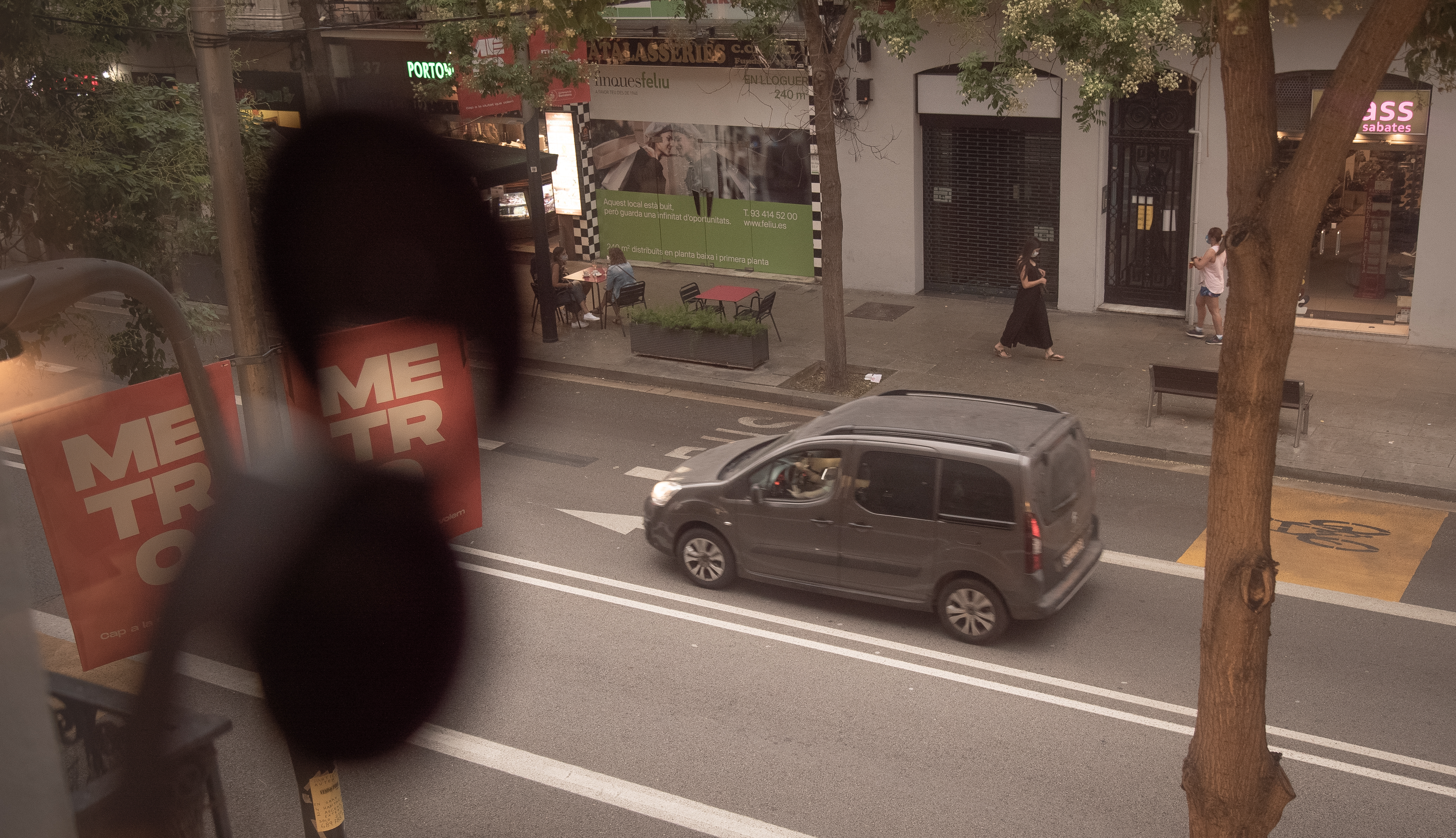
Digital technologies and citizen science: A match made in heaven?

The COVID-19 pandemic has precipitated the expansion of citizen science in ways once unimaginable. Virtual platforms and low-cost devices have enabled the public to engage with projects from traffic counting to air pollution monitoring, providing valuable data on metropolitan life around the world. As COVID brought an abrupt end to face-to-face research, such technologies proved invaluable. However, as projects increasingly look to citizen science for cheaper, more effective data collection, digital tools must be made inclusive.
Emerging digital technologies have propelled citizen Science to the forefront of research. Counting is currently expensive, limited in time, and often littered with omissions. New technology offers possibilities for innovative ways of measuring in a continuous, multimodal, dense and efficient way. This will be particularly critical as metropolitan areas seek to tighten their belts in the battle to recover from the economic devastation wrought by COVID-19.
During the Urban Mobility Days, a recent conference discussing emerging transport trends and latest developments in sustainable urban mobility planning, experts from across Europe debated the capacity for new technologies to revolutionise mobility planning. The conference format seemed apt for this dialogue. Forced onto a virtual conference platform by the pandemic, the event became a virtual hub for deliberating the future of our cities and regions. Panellists from Transport & Mobility Leuven, Politecnico di Torino and navigator app, SBOING, joined WeCount’s Giovanni Maccani in cautioning for cheaper, more effective data collection techniques.

Drawing on experiences from WeCount and another EU-funded project, MOMENTUM, Maccani and co-panellists exhibited how internet enabled technologies are facilitating citizen science research from the comfort of participants’ own homes.
As researchers, this is a great opportunity to experiment and improve the value of data.”- asserted Giovanni Maccani from WeCount partner, Ideas For Change
However, utilising new and innovative technologies is not as simple as a click of a button or swoosh of a mouse. Zoom, Teams and a litany of other online forums connect researchers and participants in ways not previously possible. Nonetheless, all require a certain level of skill, financial wealth and physical ability. Many- though by no means all- senior citizens, disabled individuals and low-income communities remain locked out of these technologies.
Participants, audiences and policymakers of all ages, physical and technical abilities and socio-economic backgrounds must be engaged in these projects and empowered in using the apparatuses citizen science enterprises deploy. Failing to do so risks generating data with more holes than a swiss cheese.

As Sophie Laggan, Research Associate at UWE Bristol, states, in UWE’s Moving dialogue online report:
“Ultimately it's about giving people options for participation, tailoring sessions to suit individual needs, creating a safe place in which people feel comfortable to participate”
The report, produced in collaboration with projects funded by the European Union’s Horizon 2020 research and innovation programme, notes the opportunities and challenges posed by online citizen science, and offers guidance for getting conversations up and running, and creating effective online, multi-stakeholder dialogue.
This is an issue WeCount has endeavoured to confront. Combining offline tools with online training workshops familiarising participants with the technology, supplemented by face-to-face or online meet ups to analyse and act upon the data, the project has ensured maximum inclusivity. Indeed, in one recent pilot project engaging families in traffic counting for sustainable mobility, three participatory workshops were held online introducing traffic counting techniques, and instructions on how to install Telraam sensors.
Technical issues, varying digital literacy and limits on participants’ time continue to cause issues for citizen science projects. This risks inhibiting current and future research. The Moving Dialogue Online report offers a range of ideas and tools for facilitators to maximise participant engagement throughout the process.
Projects must also learn from one another’s successes and failures. Citizens4Science, a programme run by Ideas 4 Change, has promoted collaboration between citizen science projects, enabling each to learn from successes and failures in digital technology use.
2020 is undoubtedly the year internet enabled technology transformed citizen science, but progress is still to be made!